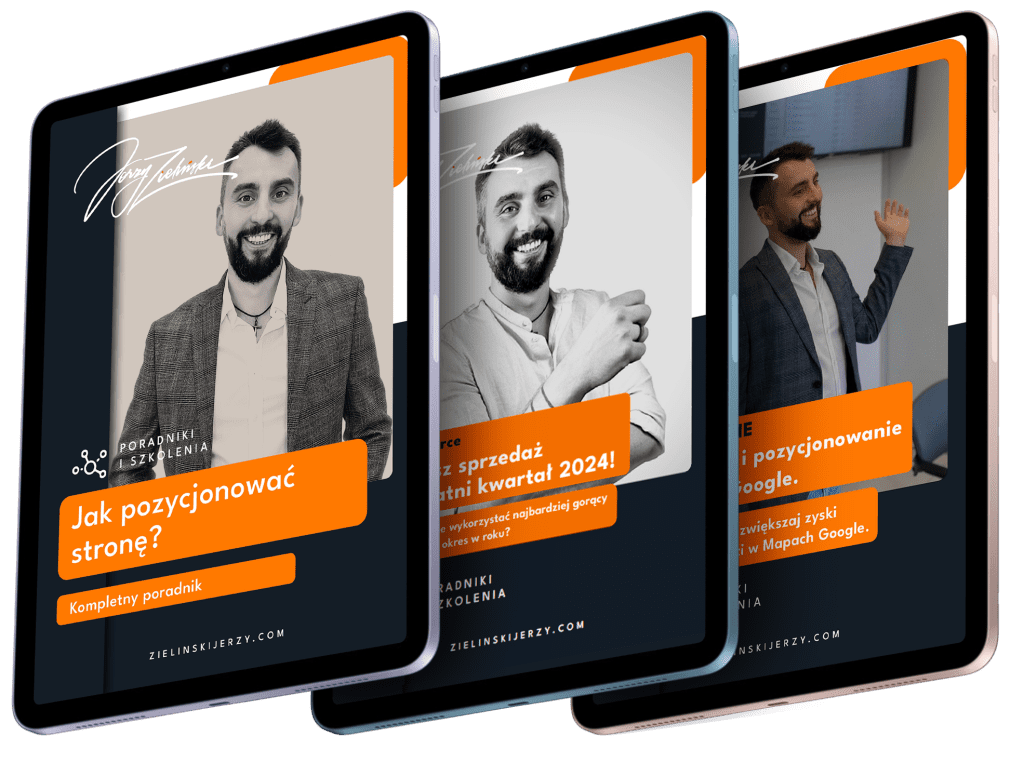The marketing world is undergoing a revolution thanks to advances in artificial intelligence (AI). Experts predict that in a few years, marketing as we know it today may be unrecognizable. Already, thanks to AI, advertising campaigns are becoming more automated, customer data analysis more precise, and content creation processes much easier. Today I will focus on what artificial intelligence is changing in marketing.
Artificial intelligence in marketing
Personalization at a previously unattainable level
Artificial intelligence makes it possible to collect and analyze vast amounts of data in real time, opening the door to possibilities beyond human capabilities. Marketing AI enables customer segmentation with unprecedented precision, allowing offers and communications to be tailored to the individual needs of each consumer. This means that communications can be tailored to users’ behavior, shopping preferences and even mood.
Campaign automation and optimization
AI makes it possible to automate many processes in marketing that previously required manual intervention. Algorithms can adjust advertising campaigns in real time, optimize offers and personalize messages, significantly increasing their effectiveness. This allows marketers to focus on more strategic aspects of their work, instead of routine tasks.
Predictive analysis
Marketing AI uses predictive analytics to anticipate future trends and customer behavior. Using statistical models and machine learning, AI can predict what products or services will be most popular, enabling companies to stay ahead of the competition.
AI-assisted content creation
AI is also finding applications in marketing content creation. Algorithms are able to generate preliminary versions of texts, which are then edited and refined by humans. This allows faster creation of high-quality content that is tailored to the expectations and interests of the audience. The AI content generator is increasingly able to replace the copywriter, although I personally believe that content should always be rewritten by a copywriter. It is also necessary to check the information from the point of view of fact, because, unfortunately, artificial intelligence sometimes makes mistakes.
AI’s impact on the future of marketing
The marketing industry stands at the threshold of an era in which AI will be able to increasingly replace humans. Here are some predictions about the future of marketing in the age of artificial intelligence. First, consumers will expect even more personalization in marketing communications, and brands that fail to deliver this will lose competitiveness. Marketing automation will become even more advanced, covering not only routine tasks, but also more complex decision-making processes. AI algorithms will be able to analyze the effectiveness of campaigns in real time and adjust them almost autonomously, minimizing the need for human intervention.
There will also be a growing demand for AI specialists in marketing, who will not only operate the tools, but also interpret the data and draw strategic conclusions from it. In the creation of marketing content, AI will become not so much a replacement for human creativity as a support for it, multiplying the capabilities and efficiency of creators.
Ready to grow?
Summary
Artificial intelligence in marketing is already transforming the way brands communicate with customers, how they analyze data and create content. Today, Chat GPT reigns supreme, but in the near future, solutions with even more possibilities are likely to emerge: Google is preparing its Gemini AI . AI not only streamlines and optimizes existing processes, but also opens the door to new opportunities and marketing strategies. For companies that want to stay on top, it will be essential to understand and capitalize on the potential that AI marketing brings.
















